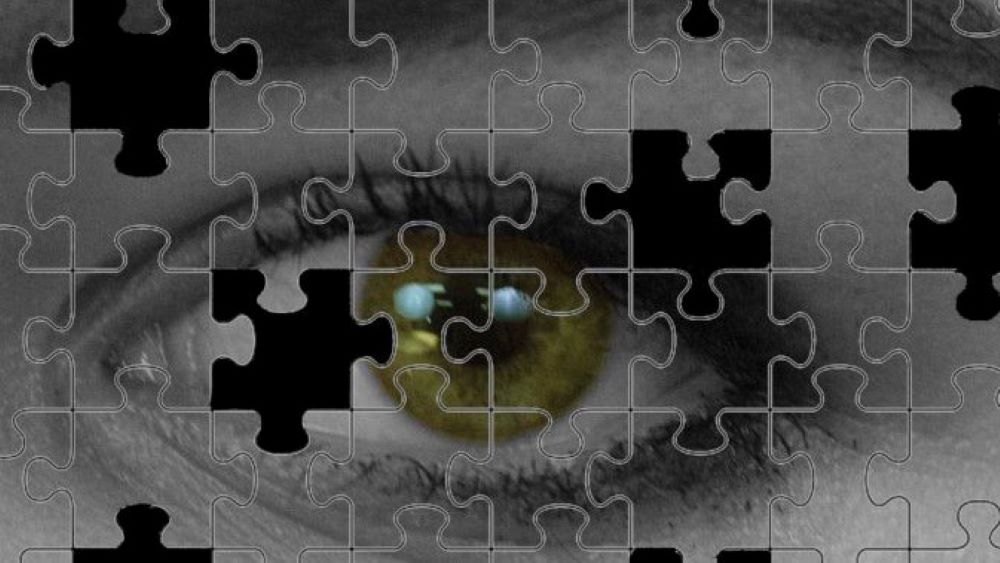As a young, ambitious person, I have the feeling that the recent past is like a loan with a high interest rate that also occasionally increases, and I am paying off a product that I did not want.

Marija Babić
“You can erase memories, but not the history that created them”, the famous Japanese writer Haruki Murakami wrote in one of his most widely read works. As a young person who was born at the end of the 90s, and therefore deprived of participation in political and social events, I still have the feeling that I carry the burden of the then-newly-drawn borders, in the creation of which neither my parents, their friends, nor relatives participated, let alone me.
I was born in 1998 and I was only passively a part of the events that shaped my present – wars, migrations, inflation, poverty, questionable political decisions that actually caused losses on both sides. What I do remember clearly are the fears my older brother had during the night, as a consequence of the 1999 bombing.
I am very lucky to have relatives and friends in Croatia, and that I am partially Croatian from my mother’s side. Relations between Serbia and Croatia have always been complex, and if I were to only rely on what is published in the media in both countries, I would never go there on vacation. On the contrary, I go to visit my family every year and never, even during my first visit after the end of the war, have I felt the slightest discomfort because of a past in which I did not participate. This is precisely the essence, that from today’s perspective, none of us have the impression that the war conflicts were something we chose ourselves. Even in the current narrative, the term “those over there” is used for those who have taken all of our fates into their own hands.
The period of the 90s drew more differences than similarities in our and surrounding societies. Maybe neither myself nor any of my people wanted all the events that took place to happen, but as a young, ambitious person, I have the feeling that the recent past is like a loan with a high interest rate that also occasionally increases, and I am paying off a product that I did not want. What has changed since then? What did October 6 bring? Decisions made in the 90s and early 2000s affect my employment and education today. The feeling of uncertainty from the past spilled over into the present. Circumstances of our vicinity made it impossible for society to improve at that time. I personally think that if we had had stability then, our education system would be much more developed today, and then all my university colleagues and I would have adequate practical teaching during our four-year degree, and we would work according to the standards of the current market, and rather than be slaves to trends from the 80s. As with a child’s development, if it does not happen in an expected period, as with other peers, the child will constantly fall behind, unable to adequately complete tasks.
Thinking that our society, carried by today’s young generations, can improve brings me a great deal of optimism. We, young and strategic, and hopefully practically too, are an important interlocutor for the future of all countries in the region. I want to travel, work on myself and enjoy the fruits of my labor. I will never be ready to erase my national culture and heritage, but I want to be part of a structure that will decide on its own future.
Marija Babić, president of the EPuS Youth Forum



Leave A Comment